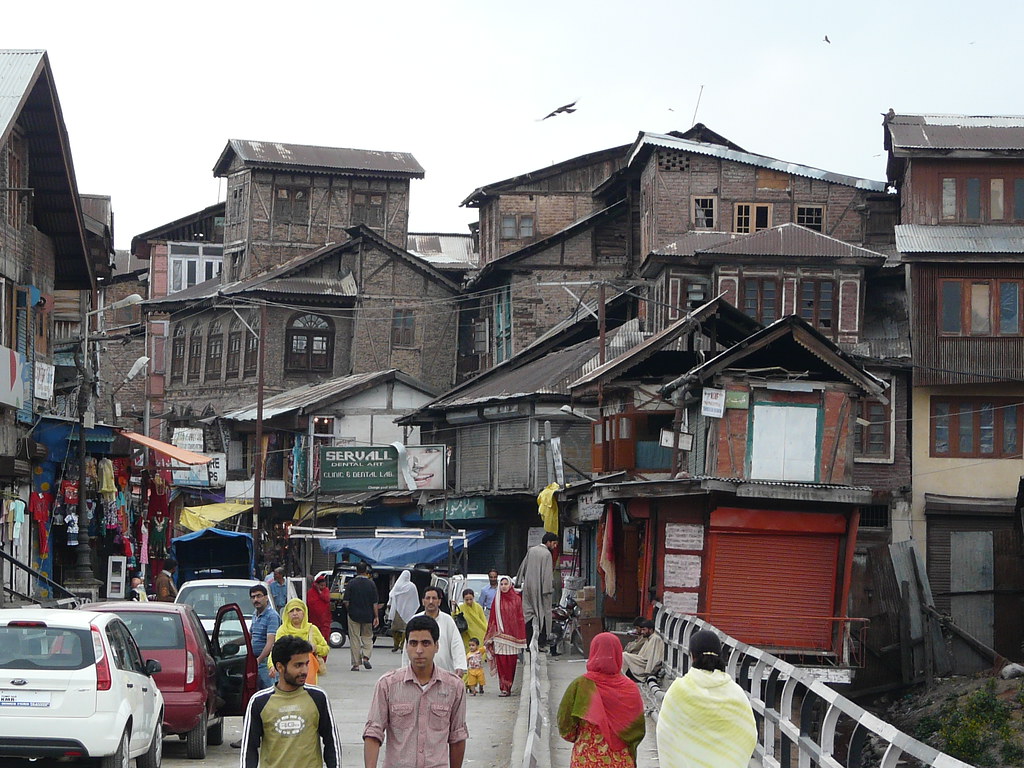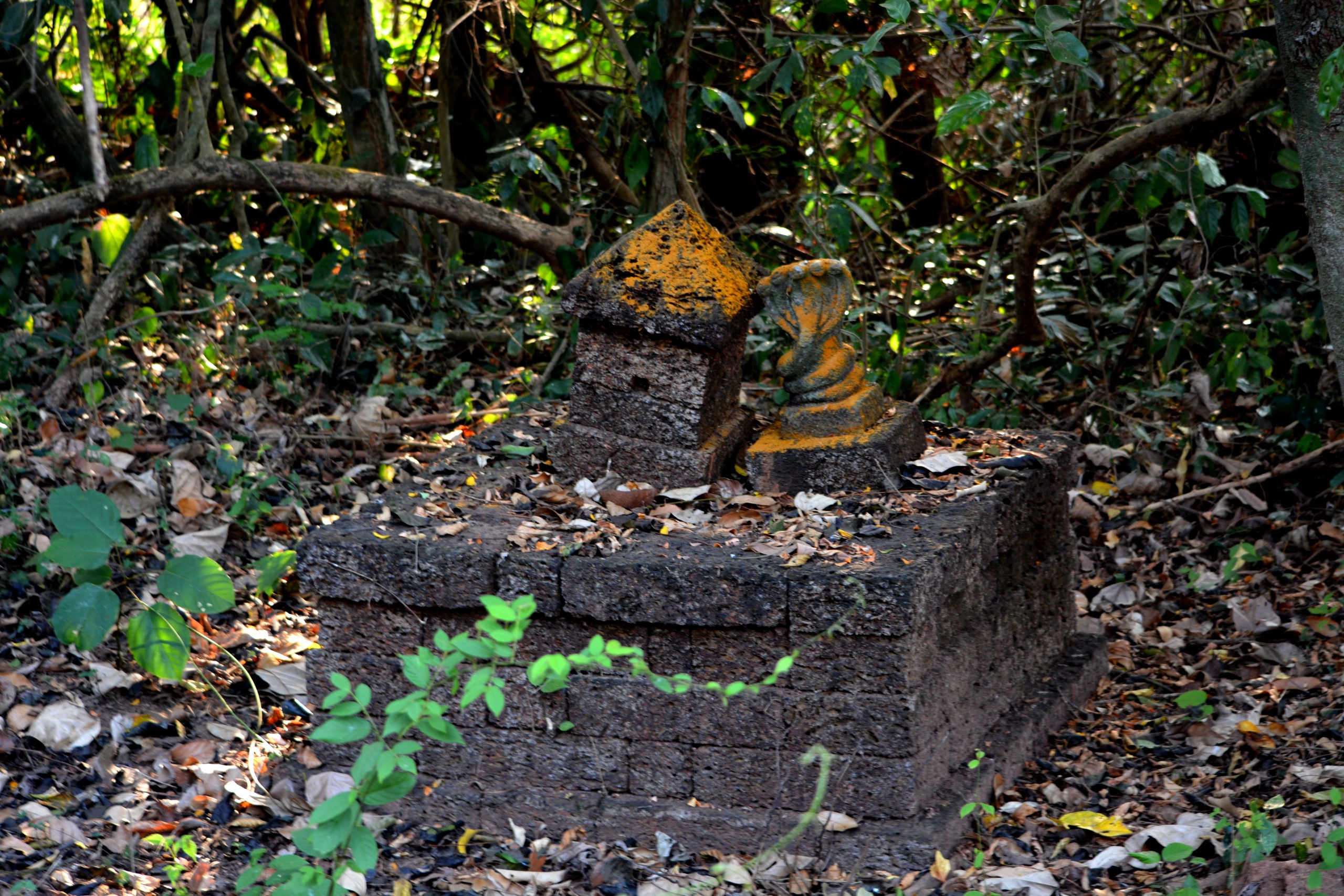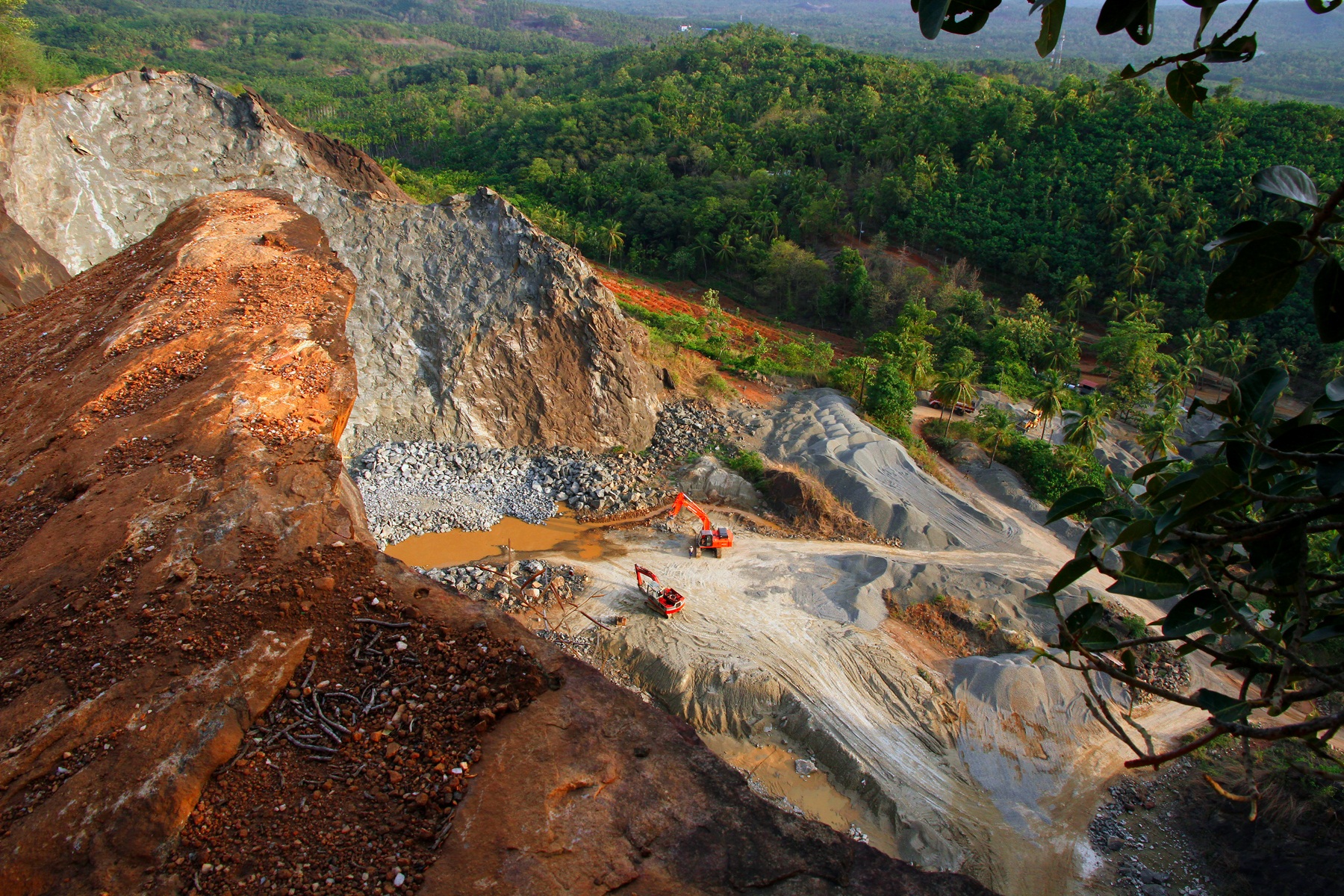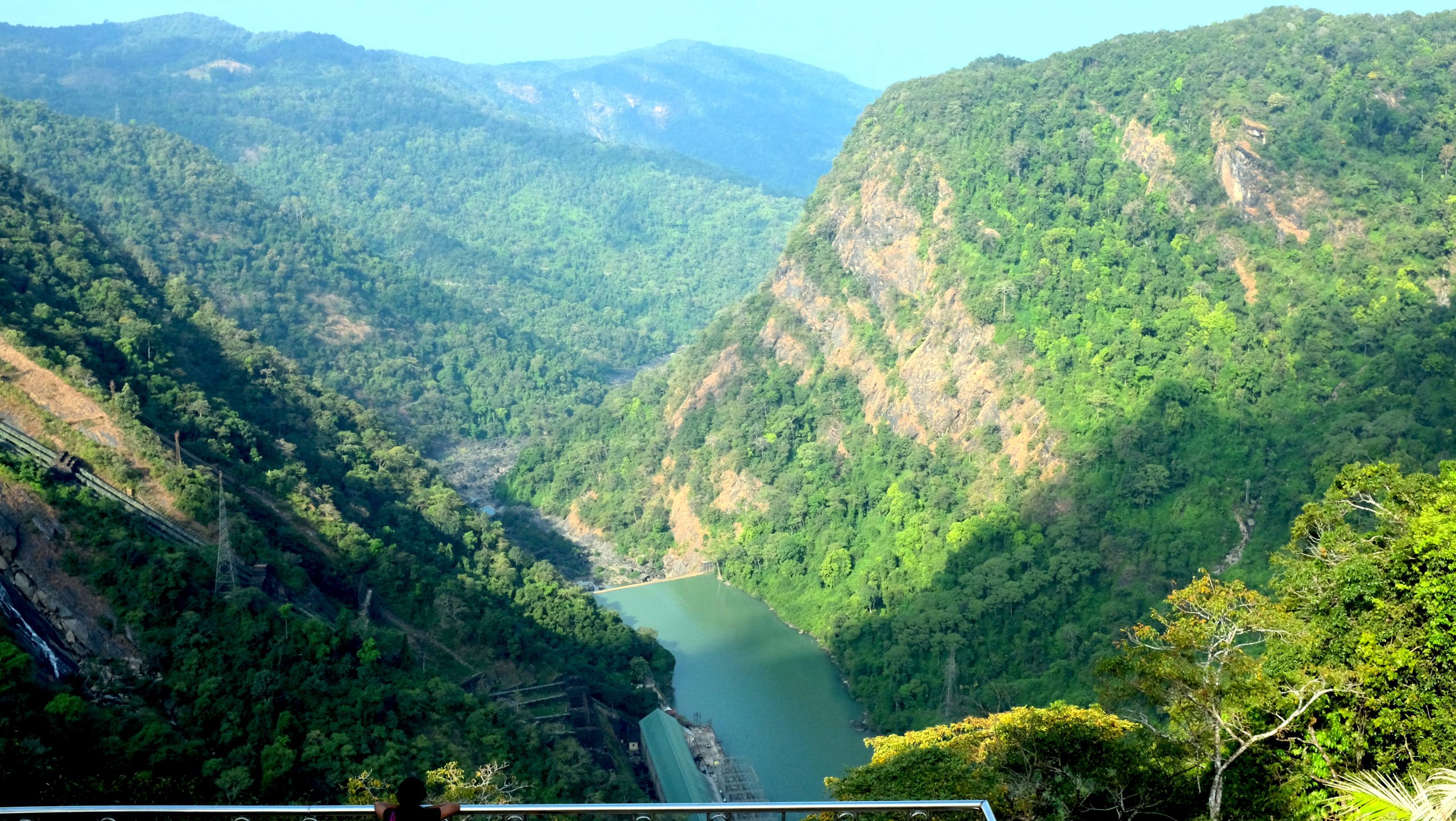A new definition of ‘domicile’ for Jammu and Kashmir Civil Services

On March 31, 2020, the Union Home Ministry notified the promulgation of the Jammu and Kashmir Reorganisation (Adaptation of State Laws) Order 2020 (“the First Order”) for the Union Territory of Jammu and Kashmir. The said Order, which was passed under Section 96 of the Jammu and Kashmir Reorganisation Act, 2019, impacts 138 laws of the erstwhile State by either amending them or inserting new provisions or repealing a few legislations in entirety. Among them is the Jammu and Kashmir Civil Services (Decentralisation and Recruitment) Act, 2010 (“the Recruitment Act”) which has been amended by the First Order which inserted a few provisions, notably the definition of “domicile” under Section 3A.
The Recruitment Act, which was originally introduced in 2010, has the following ostensible object:
“An Act to provide for equitable opportunities of employment in the Civil Services in the State keeping in view its complex socio-economical and geographical/topographical/linguistic/security concerns and matter connected therewith and incidental thereto.”
Prior to the First Order, Section 3 of the Act stated that the provisions of the Act applied to all the gazetted and non-gazetted posts borne on the establishment of any department or service of the State Government and excluded (a) only those posts which had been specifically excluded by notification or (b) for which a special procedure has been laid down by the State Legislature. Importantly, under Sections 6-8 of the Act which related to eligibility for appointments to District, Divisional and State Cadre posts, only persons who were “permanent residents of the State” and “residents of the district or division” were eligible to apply. Under Section 13 of the Act, a person would have been deemed to be resident of a particular District or Division if he/she had resided in such District or Division, as the case may be, for a period of not less than 15 years before the date of applying for a particular post and was actually residing in the said area.
Thanks to the changes effected in August 2019 to Article 370, the abrogation of Article 35A and the J&K Reorganisation Act 2019 by virtue of which the State has become a Union Territory, the references to State Government in the Act stand replaced with the Union Territory.
By the First Order, Section 3 of the Act was amended as follows:
Section 3. Application of the Act: The provisions of this Act shall apply to –
(a) all the Gazetted and non-Gazetted posts borne on the establishment of any Department or Service of the Government; and
(b) Class IV posts borne on the establishment of any Department or Service of the Government or any Government company, organization and body substantially owned or controlled by the Union territory:
Provided that the provisions of this Act shall not apply to –
(i) the posts for which any special procedure is laid down under any enactment of the Legislature of the Union territory of Jammu and Kashmir; and
(ii)such other posts as may be excluded from the operation of the Act by the notification issued by the Government in this behalf from time to time.
The newly added sub-section (b) to Section 3 broadens the scope of application of the 2010 Act to cover Class IV posts in any “Government company, organization and body substantially owned or controlled by the Union territory”. Class IV posts are Level 1/Group D posts which include both technical and non-technical posts in the likes of Office peon, Multi-tasking Staff (MTS), technical assistant etc. which require educational qualification of not more than 10th/12th standard. Government Companies are companies with more than 50% of paid up capital owned by the government, and Government controlled organisations are in the form of educational institutions funded by the government, Trusts and societies financed by the government, NGOs funded by the government etc. Therefore, the new sub-section expands the number of posts governed under the 2010 Act.
Section 13 of the Act was omitted and the references to “permanent resident” in Sections 6-8 stood replaced with “domicile” as defined in the newly introduced Section 3A.
Extracted below is Section 3A as introduced on March 31, 2020:
Section 3A – Domicile for purposes of appointment to any service in Union territory of Jammu and Kashmir
(1) Any person who fulfils the following conditions shall be deemed to be a domicile of the Union territory of Jammu and Kashmir for the purposes of appointment to any post carrying a pay scale of not more than Level-4 (25500) under the Union territory of Jammu and Kashmir or under a local or other authority (other than cantonment board) within the Union territory of Jammu and Kashmir:-
(a) who has resided for a period of fifteen years in the Union territory of Jammu and Kashmir or has studied for a period of seven years and appeared in Class 10th /12th examination in an educational institution located in the Union territory of Jammu and Kashmir; or
(b) who is registered as a migrant by the Relief and Rehabilitation Commissioner (Migrants) in the Union territory of Jammu and Kashmir.
(2) Notwithstanding anything contained in sub-section (1), following persons shall be deemed to be domicile under sub-section (1) :-
(a) children of those Central Government Officials , All India Services Officers, Officials of Public Sector Undertaking and Autonomous body of Central Government, Public Sector Banks, Officials of Statutory bodies, officials of Central Universities and recognised Research institutes of Central Government who have served in Jammu and Kashmir for a total period of ten years; or
(b) children of parents who fulfil any of the conditions in subsection (1); or
(c) children of such residents of Union territory of Jammu and Kashmir as reside outside Union territory of Jammu and Kashmir in connection with their employment or business or other professional or vocational reasons but their parents fulfil any of the conditions provided in sub-section (1).
Extracted below is the newly introduced Section 5A of the Act:
Section 5A. Subject to the provisions of this Act, no person shall be eligible for appointment to a post carrying a pay scale of not more than Level-4 (25500) unless he is a domicile of the Union territory of Jammu and Kashmir.
Level IV posts are the lowest category of the non-gazetted posts to likes of constables, junior assistant etc . The combined effect of Sections 3A and 5A is that such posts were reserved for domiciles as defined in Section 3A, whereas the rest of the posts were open to everyone, including non-domiciles.
However, within three days of the passing of the First Order, on April 3, 2020 the Union Government passed The Jammu and Kashmir Reorganisation (Adaptation of State Laws) Second Order, 2020 (“the Second Order”) wherein Sections 3A and 5A were amended. Reproduced below are the amended Sections 3A and 5A (the portions stricken through were deleted and the portions in bold and underscored were added):
Section 3A – Domicile for purposes of appointment to any service in Union territory of Jammu and Kashmir
(1) Any person who fulfils the following conditions shall be deemed to be a domicile of the Union territory of Jammu and Kashmir for the purposes of appointment to any post carrying a pay scale of not more than Level-4 (25500) under the Union territory of Jammu and Kashmir or under a local or other authority (other than cantonment board) within the Union territory of Jammu and Kashmir:-
(a) who has resided for a period of fifteen years in the Union territory of Jammu and Kashmir or has studied for a period of seven years and appeared in Class 10th /12th examination in an educational institution located in the Union territory of Jammu and Kashmir; or
(b) who is registered as a migrant by the Relief and Rehabilitation Commissioner (Migrants) in the Union territory of Jammu and Kashmir.
(2) Notwithstanding anything contained in sub-section (1), following persons shall be domicile under sub-section (1):-
(a) children of those Central Government Officials , All India Services Officers, Officials of Public Sector Undertaking and Autonomous body of Central Government, Public Sector Banks, Officials of Statutory bodies, officials of Central Universities and recognised Research institutes of Central Government who have served shall have served in Jammu and Kashmir for a total period of ten years; or
(b) children of parents who fulfil any of the conditions in subsection (1); or
(c) children of such residents of Union territory of Jammu and Kashmir as reside outside Union territory of Jammu and Kashmir in connection with their employment or business or other professional or vocational reasons but their parents fulfil any of the conditions provided in sub-section (1).
Section 5A – Requirement of domicile for being eligible for certain posts. Subject to the provisions of this Act, no person shall be eligible for appointment to a post carrying a pay scale of not more than Level-4 (25500) any post unless he is a domicile of the Union territory of Jammu and Kashmir.
Clearly, the direct consequence of the Second Order is that the scope of application of the “domicile” requirement and the consequent reservations for domiciles is not limited to Level 4 posts, but applies to all posts as defined in the new Section 3, namely gazetted, non-gazetted and Class IV posts. This effectively brings the situation almost at par with the original residency requirement of 15 years under the erstwhile Section 13 of the Act which was repealed by the First order.
What is noteworthy is that compared to the period prescribed for domiciliary status for the UT of J&K, the period required by most Indian states is between five and ten years and the period for acquiring the status of a Permanent Resident in certain States in the North East is between 10 and 20 years.
The Second Order was clearly a knee-jerk reaction from the Union Government to the criticisms received to the First Order from the usual quarters which lamented at the further dilution of the hitherto cherished “special status”. What is stark is that the Second Order goes against all the stated purposes set out on behalf of the Union Government before the Parliament on August 5, 2019. The text of the relevant speech is available here.
In support of the changes undertaken in August 2019, it was said on behalf of the Union Government that government posts in the region do not get the best candidates (teachers, doctors etc) because of the discriminatory nature of the definition of ‘permanent resident’ which was enabled by Article 370 and specifically by Article 35A. If this be the case, the Second Order effectively restores and prolongs for a significant period the status quo ante as it existed prior to the abrogation of Article 35A to the extent that it prescribes the same period of residency for all government posts without exception. It is unclear how the Second Order serves the objects cited in support of the amendment to Article 370 and abrogation of all previous Presidential Orders, including the 1954 Order which introduced Article 35A.
Naturally, both Orders have not been received well by those who were in support of the changes made in August 2019 since the expectation was that the Government would facilitate greater integration of the region with the Union and rid the discriminatory framework of the erstwhile State. This could lead to at least the Second Order being challenged on grounds of Constitutionality since it does not have the protection of Article 35A any longer and no clear justification has been provided by the Union for changing its mind within three days without consultation with stakeholders.








T R Suresh babu
Namaste.
Apart from the current scope of work undertaken by the Indic, is there any other area similar to these, which is also purported to be pursued in a near future, please!